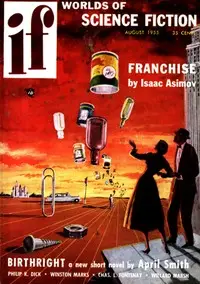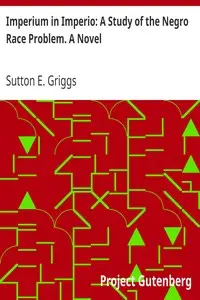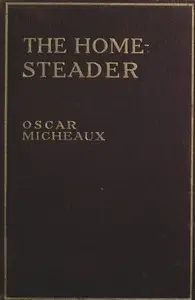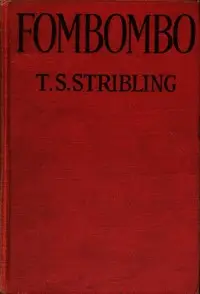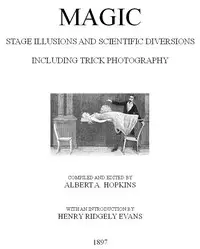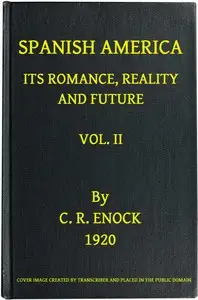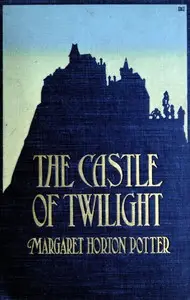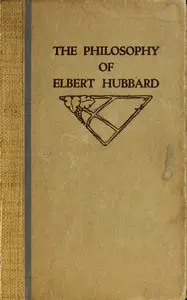"Birthright: A Novel" by T. S. Stribling is a story set in the early 1900s. It centers on Peter Siner, a Black man who returns to his Southern hometown after going to Havard, and the book looks at ideas around race. The story follows Peter, who wants to start a school for the Black community. The book begins with Peter feeling uneasy about the Jim Crow laws as he travels to the South, a big change from his life in an integrated enviornment. Peter thinks about how he grew up and how hard life is for Black people in the South. Peter aims to uplift the Black community. The story sets up the challenges Peter will face, like racism and expectations, along with his internal struggles about his identity and goals.

Birthright: A Novel
By T. S. (Thomas Sigismund) Stribling
A Harvard-educated Black man confronts the harsh realities of the Jim Crow South when he returns home to build a school, facing prejudice and internal conflicts.
Summary
About the AuthorThomas Sigismund Stribling was an American writer. Although he acquired a law degree and practiced law for a few years, his career was mainly that of an author of fiction. Known first for adventure stories published in fiction magazines, he later published novels of social satire set mainly in the southern USA. His best-known work is the Vaiden trilogy, set in Florence, Alabama. The first volume is The Forge (1931). He won the Pulitzer Prize for the Novel in 1933 for the second novel of this series, The Store. The last, set during the 1920s, is The Unfinished Cathedral (1934). Both the second and third novels were chosen as selections by the Literary Guild.
Thomas Sigismund Stribling was an American writer. Although he acquired a law degree and practiced law for a few years, his career was mainly that of an author of fiction. Known first for adventure stories published in fiction magazines, he later published novels of social satire set mainly in the southern USA. His best-known work is the Vaiden trilogy, set in Florence, Alabama. The first volume is The Forge (1931). He won the Pulitzer Prize for the Novel in 1933 for the second novel of this series, The Store. The last, set during the 1920s, is The Unfinished Cathedral (1934). Both the second and third novels were chosen as selections by the Literary Guild.


